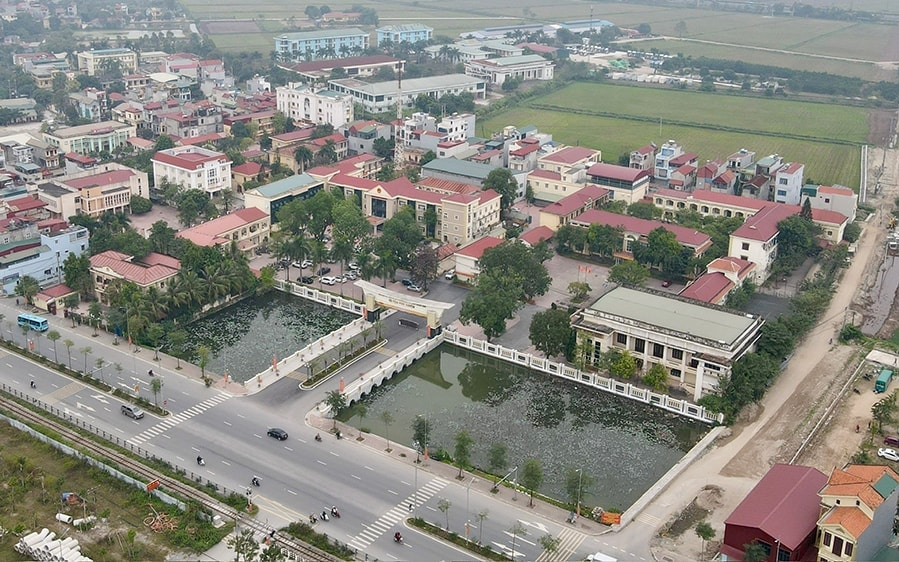This program has been launched with the overarching goal of preventing and eliminating wasteful practices, thereby contributing to the effective management and utilization of Hanoi's resources.
It aims to awaken the potential of the people, usher the city and the nation into a new era—an era of growth, strength, and prosperity—while maintaining political stability and fostering socioeconomic development.

In addition, the program sets out a series of specific objectives. These include addressing shortcomings in existing legal and policy frameworks and improving the effectiveness of law enforcement. It also aims to streamline the state apparatus and reduce administrative procedures in order to enhance overall management efficiency.
The program places strong emphasis on strengthening inspection and oversight mechanisms and enforcing strict penalties for wasteful behavior. It seeks to resolve major waste-related incidents thoroughly and to promote the supervisory role of the Vietnam Fatherland Front, the press, and the media.
Furthermore, the program focuses on fostering a culture of thrift and anti-wastefulness across society. It also prioritizes building the capacity of officials responsible for waste prevention and control, ensuring they are equipped to carry out their duties effectively.The core content of the Anti-Wastefulness Program through 2035 focuses on implementing eight key groups of tasks and solutions.
The measures include improving legal and policy frameworks across all areas of economic and social governance, with a strong focus on waste prevention. They also involve streamlining the organizational structure of the government and developing a professional, effective civil service. Another key area is the efficient management and use of natural, human, material, and financial resources, with an emphasis on enhancing long-term sustainability.
The program prioritizes improving energy efficiency and accelerating administrative reforms by cutting unnecessary procedures and reducing compliance costs for both citizens and businesses. It aims to resolve longstanding inefficiencies and losses associated with major, stalled, or underperforming projects.
Additionally, the measures call for intensifying inspections, audits, and investigations to detect and address wasteful practices.
Raising public awareness is considered essential, as is strengthening the role and responsibility of the Vietnam Fatherland Front, mass organizations, and the public in preventing wastefulness.
Finally, the program highlights the importance of building the capacity of civil servants to effectively implement anti-wastefulness efforts.The program will be implemented in two phases. The first phase (2025–2030) will focus on comprehensive execution of the proposed tasks and solutions.
During this phase, Hanoi will review and amend or propose amendments to legal provisions related to waste prevention, strengthen institutional capacity to detect and prevent wasteful behavior, and complete specific assigned tasks.
A midterm review will be conducted in 2030. The second phase (2031–2035) will build on the achievements of the first phase. During this period, the city will develop a concrete plan that reflects real-world requirements and implement all tasks and solutions comprehensively to achieve the overall goals. A final review of the entire program will be conducted in 2036.
The Hanoi People's Committee has tasked relevant departments, sectors, localities, agencies, organizations, and units with developing specific plans to implement the Program and fulfill their assigned responsibilities. These entities must submit an annual report on progress to the Department of Finance no later than October 30 each year.
The Department of Finance has been designated as the lead agency responsible for coordinating, supervising, and evaluating the implementation of the Program. Each year, by December 30, the Department must consolidate the citywide implementation results and submit a report to the Chairman of the Hanoi People's Committee.